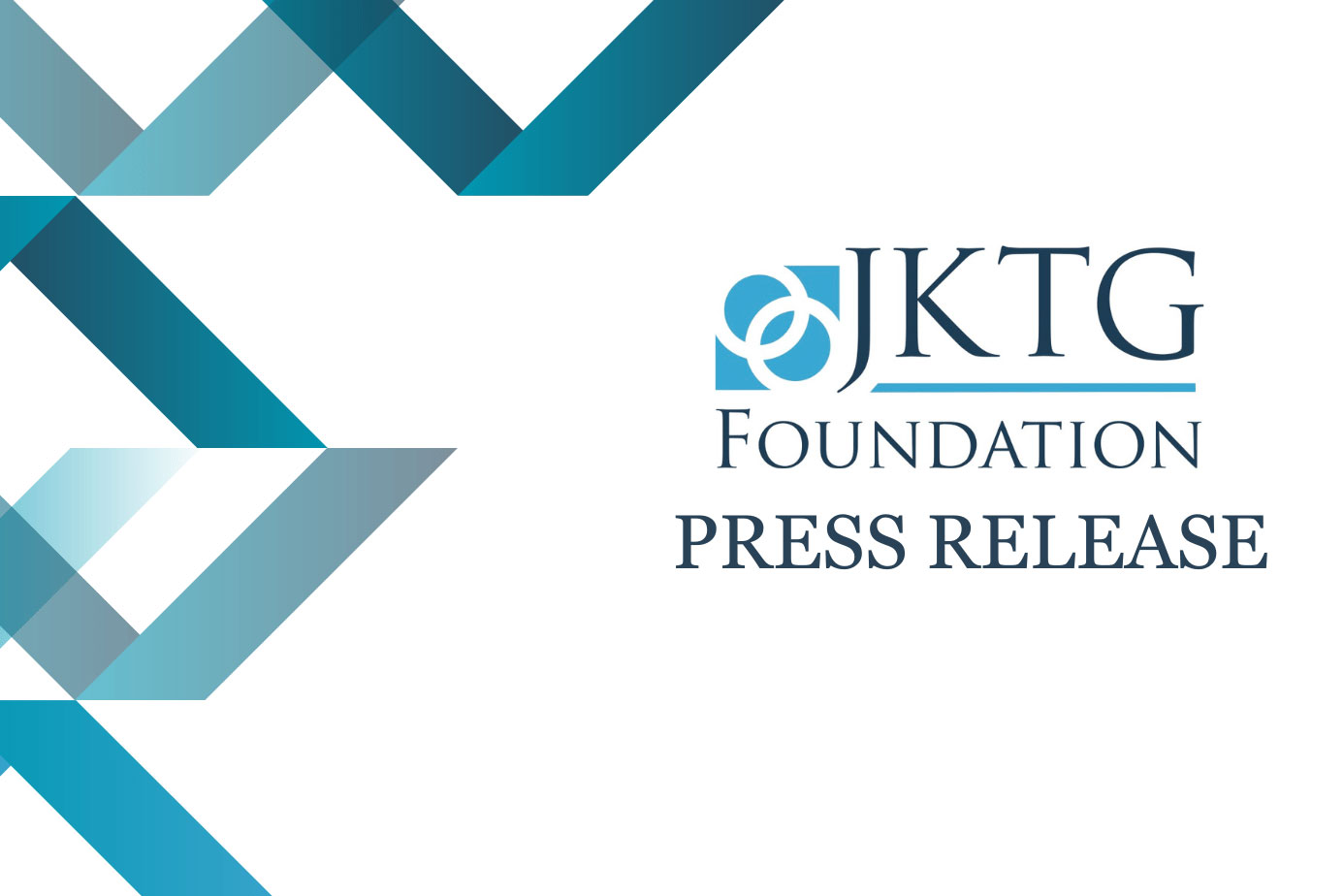
- JKTG-funded work builds on nanoparticle research to further understanding of what’s possible
April 30, 2024 | Highland, MD – JKTG-funded research, Iron oxide nanoparticles inhibit tumor progression and suppress lung metastases in mouse models of breast cancer, appears in the journal ACS Nano and features a collaboration between researchers at Johns Hopkins University School of Medicine and the Hormel Institute at the University of Minnesota.
This research builds on JKTG-funded nanoparticle work by Robert Ivkov, PhD exploring how nanoparticle interactions with immune cells can stimulate host immune defenses to re-engage in the fight against cancer cells and win.
The new research demonstrates that some iron oxide nanoparticles (IONP) can alter the host immune landscape to reverse immune suppression caused by cancer tumors.
The University of Minnesota research team, led by Robert Clarke, PhD analyzed genetic information from mouse tissue samples collected by the Hopkins team, and human patient data available in publicly accessible databases.
They were able to identify a molecular pathway driving the antitumor response. The combined efforts of both teams revealed that the natural clearance of nanoparticles by immune cells could trigger a sustained infection-like response in the host.
Once this infection-response was triggered in genetically engineered mice that develop metastatic breast cancer, their immune systems began to fight the cancer to slow tumor growth and prevent spread of tumors to lungs.
Metastases were found in lungs of 4/10 mice that received the placebo treatment, but in 0/10 mice that received one injection of the nanoparticles. They also discovered that while iron was a necessary ingredient to stimulate these effects, other attributes of the nanoparticles seem equally important.
Only some IONPs can induce biological responses in the host leading to systemic immune-mediated disease suppression.
These findings support a compelling rationale to re-examine IONP formulations as immune adjuvants that may generate therapeutic benefit without requiring them to be taken up by cancer cells.
Targeting nanoparticles to cancer cells for drug delivery remains an unsolved technological challenge.
“Preethi’s work digs into how we could best deploy the body’s natural immune system to fight cancer, an idea this team refused to give up on and now we’re seeing exciting possibilities,” said Ted Giovanis, founder and president of the JKTG Foundation.
About the JKTG Foundation
The Jayne Koskinas Ted Giovanis Foundation for Health and Policy (JKTG) aims to change health care for the better by funding cancer research, policy projects and events that foster public discussion to improve the quality and effectiveness of care that patients experience. Visit www.jktgfoundation.org to learn more.
Featured news
Ted’s Take: Errors in formulas and what it means for AI
Spinach is the best source of iron. I’ve understood this for decades now. As I ate more and more healthy foods, I’d choose spinach salads because of the “great” nutritional value, particularly iron.
Ted’s Take: An ounce of prevention
They stay an ounce of the prevention is worth a pound of cure. Isn’t it the truth.
How physicians are paid
Despite a growing need for general practitioners, the Medicare system is not helping with this shortage given the maldistribution of reimbursement between general medical providers and surgeons and other specialists.

Jayne Koskinas Ted Giovanis
Foundation for Health and Policy
PO Box 130
Highland, Maryland 20777
Media contact: 202.548.0133


